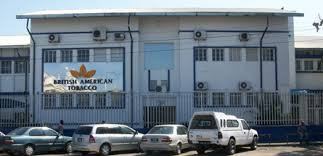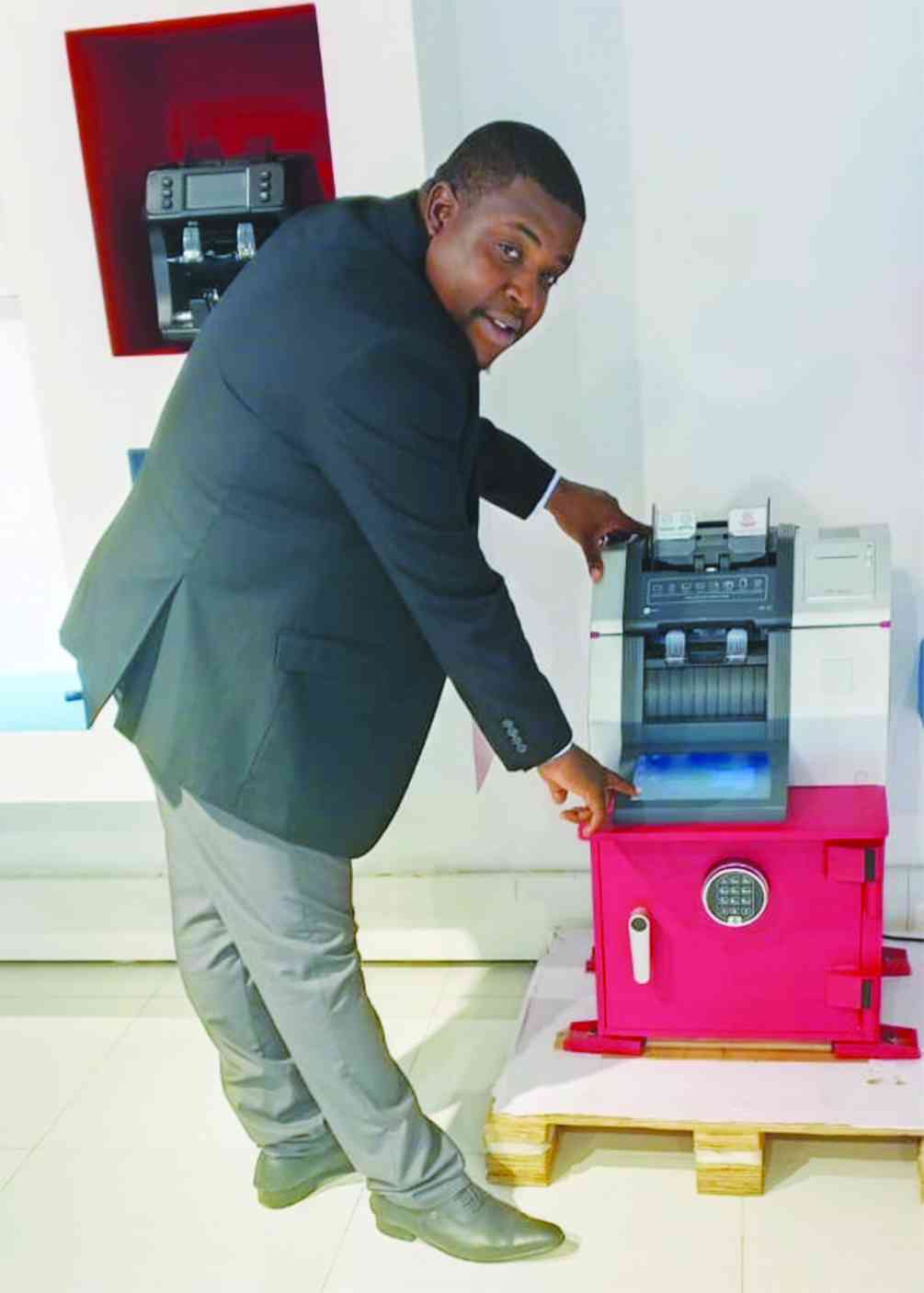
BRITISH American Tobacco Zimbabwe (BAT) is overhauling its business strategy to safeguard long-term value after a difficult first half which saw revenue fall by 28%, attributed to currency shifts and increased input costs, businessdigest can report.
For the half-year period ended June 30, 2025, revenue decreased by 28% to just over US$13 million, down from US$18,12 million reported in the same period last year
This decline was put down to a reduction in sales volumes, caused by constrained consumer spending power and a difficult macroeconomic climate, alongside a strategic shift in pricing from ZiG to US dollars. Consequently, BAT saw a 14% drop in sales volume.
Despite the fall in revenue, the company managed to post a profit after tax of US$4,33 million for the period, a significant improvement on the prior year’s loss of US$12,84 million.
It should be noted, however, that this profit was due to BAT not recording any monetary loss on hyperinflation adjustments during the half year.
In an interview, BAT managing director Kenneth Gitonga told businessdigest that the company is now concentrating on operational efficiency and refining its product portfolio in response to a volatile market.
“BAT Zimbabwe continues to adapt its business and product portfolio to meet the needs of its consumers and in line with the realities of the operating environment,” he said.
“This includes placing a sharper focus on enhancing operational efficiency, driving innovation, and positioning our brands to remain competitive across key segments. We remain confident that these initiatives will support the long-term sustainability of our business.”
- Mavhunga puts DeMbare into Chibuku quarterfinals
- Bulls to charge into Zimbabwe gold stocks
- Ndiraya concerned as goals dry up
- Letters: How solar power is transforming African farms
Keep Reading
The company’s cost of sales increased by 31% to US$4,16 million during the half-year, largely due to a change in its sourcing of raw materials.
Last year, BAT benefited from purchasing some inputs in local currency before it depreciated, but these one-off gains have now ceased.
“The increase in cost of sales in H1 2025 versus the prior year is due to the non-recurrence of a prior year foreign exchange benefit arising from the purchase of raw materials in local currency, which has since significantly devalued, thereby reducing its USD equivalent cost,” Gitonga explained.
“The current year’s raw materials are purchased in USD, thus eliminating this foreign currency exchange impact. Additionally, the company continuously reviews its operating costs to optimise resources and mitigate adverse impacts of a dynamic operating environment on the business and its stakeholders, including consumers.”
As BAT recently transitioned its functional currency from the Zimbabwe dollar to the ZiG and now to the US dollar, Gitonga stated the change was essential to reduce exposure to volatility and enhance predictability.
“The functional currency change from ZiG to USD was a strategic move by the company in response to ongoing market realities, the key being to effectively manage business impact from exposure to local currency volatility,” he said.
“This transition has helped stabilise our operations by improving financial predictability, thereby facilitating sustainable business planning and competitiveness.”
Meanwhile, BAT is still owed blocked legacy funds by the Reserve Bank of Zimbabwe, though Gitonga confirmed the delay has not affected daily operations. The blocked funds, originally owed in respect of outstanding dividends and goods, were taken over by Treasury from the RBZ in 2021.
However, instead of being settled, they were progressively eroded through the transition from the Zimbabwe dollar to ZiG in April 2024 and then to the US dollar four months later, drastically reducing their value.
The company’s long-standing blocked funds of US$16,35 million have been virtually wiped out after the successive currency conversions, leaving it with just US$475 recorded on its books.
“The blocked legacy funds owed to BAT Zimbabwe by the Reserve Bank of Zimbabwe have no immediate impact on the company’s day-to-day operations,” Gitonga said.
“The company is sufficiently capitalised and has adequate resources to enable business continuity for the foreseeable future. The company continues to engage government to unlock the blocked legacy funds.”
Despite the challenges, Gitonga said BAT remains confident in its future prospects.
“The company has continued to strengthen its business strategy to be more competitive and adapt to the dynamic operating environment. Details of this are in our 2024 annual and sustainability report,” he said.
As of June, BAT’s total assets stood at US$30,01 million, up from US$25,49 million as of December 2024.











